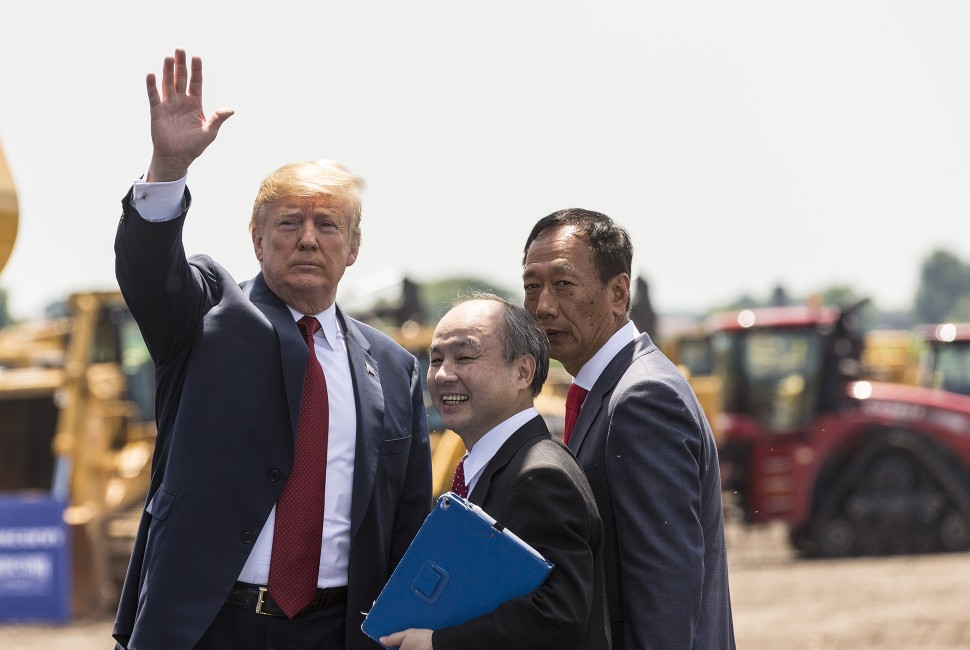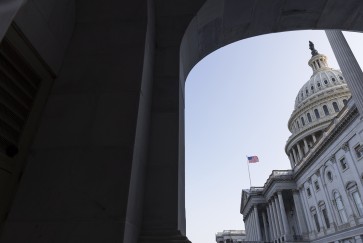More than a tenth of the world’s billionaires have held or sought political office, according to a new study in Perspectives on Politics.
Northwestern University researchers analyzed the political participation of more than 2,000 individuals included in the Forbes World’s Billionaires List. They found that billionaires focus their political ambitions on influential positions, have a strong track record of winning elections and lean to the right ideologically.
“While billionaires informally wield influence ‘behind the scenes’ via campaign contributions, media manipulation and social ties with politicians, it’s striking how many billionaires themselves seek and hold formal political offices,” said Daniel Krcmaric, an associate professor of political science whose research is focused on international relations.
The researchers found substantial variation internationally: a country’s prevalence of billionaire politicians is not simply a product of its total number of billionaires but is instead related to its form of government. The rate of billionaire political participation across all autocracies is 29%, while the rate in all democracies is approximately 5%.
In some countries that incubate significant concentrations of wealth, billionaires are less likely to enter the political arena directly. For instance, the rate of political entry for American billionaires is 3.7% — well below the global average of 11%.
By contrast, billionaires are far more likely to become politicians in authoritarian post-communist Russia and in single-party China. Notably, compared to other countries with a substantial number of billionaires, China’s billionaires enter politics at the rate of 36%, nearly 25% above the global average.
While the research also showed that billionaire political participation is well above the global average in Russia, Hong Kong and Singapore, no evidence emerged of any of Japan’s 33 billionaires or Australia’s 32 billionaires on the Forbes list ever pursuing political office.
The researchers surmised that billionaires enter politics at substantially higher rates in autocracies than in democracies for two reasons. Firstly, there are stronger wealth-protection motives for political entry in autocracies; and secondly, there exists a wide array of “stealth” pathways to informal political influence in democracies.
“Even compared to other elite groups known for producing politicians from their ranks, 11% of billionaires holding or seeking political office is a high rate of political participation — and billionaires also tend to play sustained and significant roles in their countries’ political systems more broadly,” said co-author Stephen Nelson, an associate professor of political science, specializing in international and comparative political economy.
The researchers’ data also revealed that billionaires are more likely to pursue office at the national level than the subnational level, with a large majority (75%) of the positions that billionaires have held or sought being at the national level — the wealth of billionaires allows them to skip the typical training ground of subnational office.
Billionaire political entry is not always about pursuit of influence over policy. In autocracies, for example, political entry by billionaires can be a way for them to signal loyalty to the ruling regime. The ultra-rich may seek office — typically as an ally of the autocrat — to demonstrate fealty and minimize the risk of wealth confiscation.
“If we are ever truly to understand who governs, we must continue to examine billionaires’ involvement in politics,” said co-author Andrew Roberts, associate professor and associate chair of political science, whose research focuses on the quality of democracy, political institutions and political behavior.


